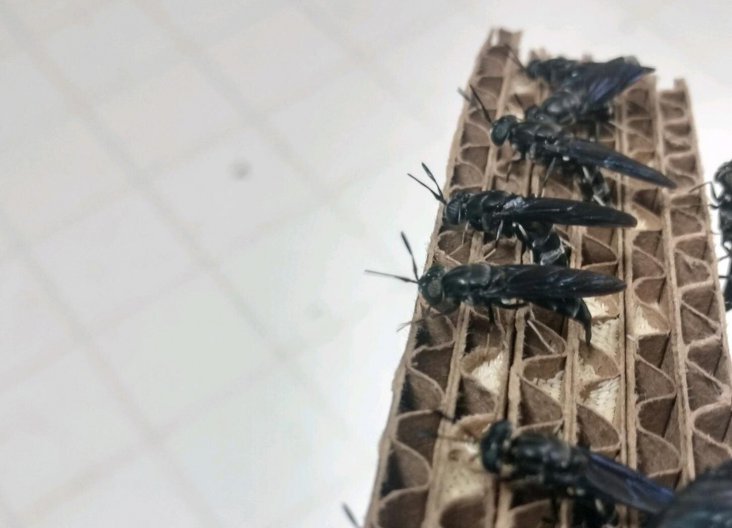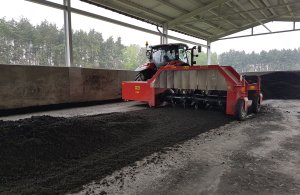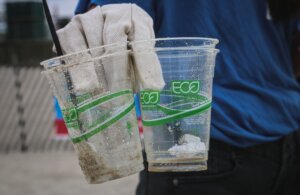The larval form of the black soldier fly eats profusely during a stage of development. (Credit: Phys.org)
Black soldier fly maggots provide a zero waste option for organic recycling, according to Jeff Tomberlin, Ph.D., professor in the department of entomology at Texas A&M University and director of EVO Conversion Systems, LLC.
According to an article on Phys.org, maggots can be helpful for the environment by reducing waste and serving as an animal feed source, Jeff Tomberlin said. The larval form of the black soldier fly eats profusely during this stage of development. The maggots essentially climb on top of each other, wriggling and writhing in an effort to get to the food source or waste material. The larvae eat until they are full, and as they take a breather from their snack, other larvae push in to snag a bite to eat, shifting the others up and out of the way, creating a tower of maggots.
It may sound gross, but it reduces decomposition time for compost by months, Tomberlin explained. At the end of the 14-day cycle, the tower of larvae is dried. These dried larvae become feed for animals that humans then consume. The most common example is as a protein source for chickens. The larvae can also be processed to isolate the protein, which can then become part of a feed for livestock, poultry and fish. The maggot waste can also be used as compost for landscaping. Essentially, it's the natural life-cycle power of the black soldier fly but harnessed by humans. It's been very successful in China, Europe and other parts of the world, and the process is now being utilized for profit here in Texas.
Bullet technology
Tomberlin and his team have come up with a more efficient way to harness the process of waste reduction with a new technology he calls the Black Soldier Fly Bullet. The Bullet provides storage of the larvae for an extended period of time, giving the human users the ability to "wake them up" whenever the need arises by opening the container and placing them on the waste material.










